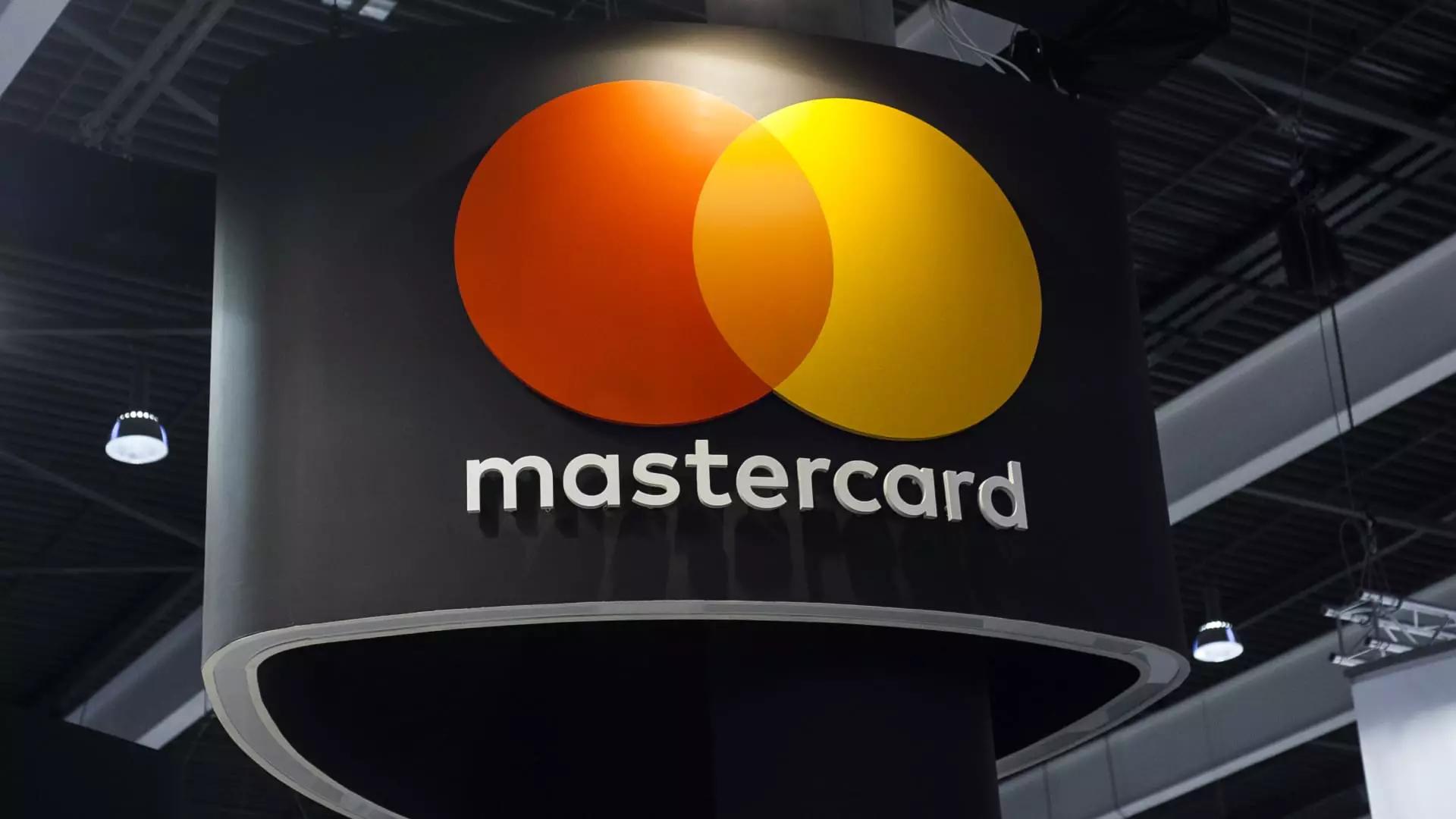In a significant move to bolster its technological capabilities, Mastercard has announced an agreement to acquire Minna Technologies, a software innovator focusing on subscription management. This decision marks a pivotal step in Mastercard’s broader strategy to diversify its offerings beyond traditional credit and debit card services. As the competitive landscape intensifies with rivals like Visa pushing into technology services, Mastercard is eager to carve out a niche in the evolving financial tech ecosystem. While specific financial terms of the acquisition remain undisclosed, the transaction is currently under a regulatory review, which is typical for corporate mergers in the financial services sector.
The modern consumer often grapples with a plethora of subscriptions across various platforms, from streaming services such as Netflix and Disney Plus to e-commerce giants like Amazon. According to data from Juniper Research, the worldwide number of subscriptions is projected to rise from 6.8 billion to 9.3 billion by 2028. In an age defined by convenience, consumers frequently find themselves overwhelmed with the need to manage these subscriptions. The solution provided by Minna Technologies aims to streamline this process, allowing users to view and control all their subscriptions within a single platform. This offers a dual advantage: enhancing user experience and potentially reducing calls to banks for payment blocks when users want to cancel.
Mastercard’s acquisition of Minna Technologies serves a dual purpose—enhancing consumer experience while fortifying the merchant-consumer relationship. By integrating Minna’s technology into its services, Mastercard intends to equip consumers with tools that promote ease in managing their finances. As consumers encounter challenges in tracking and canceling subscriptions, they may inadvertently create friction with merchants when they reach out to banks for assistance. Mastercard’s initiative recognizes that reducing this friction is crucial for maintaining healthy merchant-consumer dynamics.
In its announcement, Mastercard highlighted that the integration of Minna’s capabilities into its existing suite of tech services would significantly contribute to managing the complex relationship between merchants and consumers. Enabling better oversight of subscriptions not only benefits individual consumers but also aids merchants by decreasing the likelihood of unwanted payment disputes.
In a rapidly evolving fintech landscape, traditional financial service providers like Mastercard must stay ahead of the curve. The increase in interest from digital-native companies offering innovative financial solutions has compelled incumbents to rethink their approaches. The acquisition of Minna fits into this larger trend where established banks and payment networks are collaborating with fin-tech innovators to enhance their product offerings.
Historically, Mastercard has pursued a strategy of growth through acquisition. The purchase of Finicity in 2020 exemplified this approach, allowing Mastercard to enhance sustainability in transaction processes across third-party applications by providing them access to consumers’ banking information. As the company sets its sights on future innovations, such as tokenizing all card transactions in Europe by 2030, it aims to redefine transactions with streamlined security protocols.
Meanwhile, Visa is also actively expanding its service offerings to retain competitiveness. Recently, the launch of Visa A2A has introduced functionalities that facilitate direct bank debits, demonstrating their understanding of the shifting preferences of consumers toward more manageable payment options. As Visa and Mastercard vie for market leadership, the acquisition of Minna Technologies provides Mastercard with a significant advantage in appealing to consumers’ evolving needs concerning subscription services.
Mastercard’s agreement to acquire Minna Technologies represents a forward-thinking maneuver in a sector that is increasingly characterized by technological innovation and the need for consumer-centric solutions. By enhancing its influence in the subscription management space, Mastercard is not only addressing current consumer challenges but also positioning itself as a competitive leader in the financial technology landscape. As consumers continue to seek simplicity in managing their subscriptions, this acquisition symbolizes Mastercard’s dedication to evolving its services to meet the digital demands of today’s users. The aftermath of this strategic merger could very well redefine payment experiences, offering a harmonious blend of convenience and security for consumers and merchants alike. As the regulatory review process unfolds, the implications of this acquisition will be closely watched, promising a new chapter for Mastercard and its customers.

